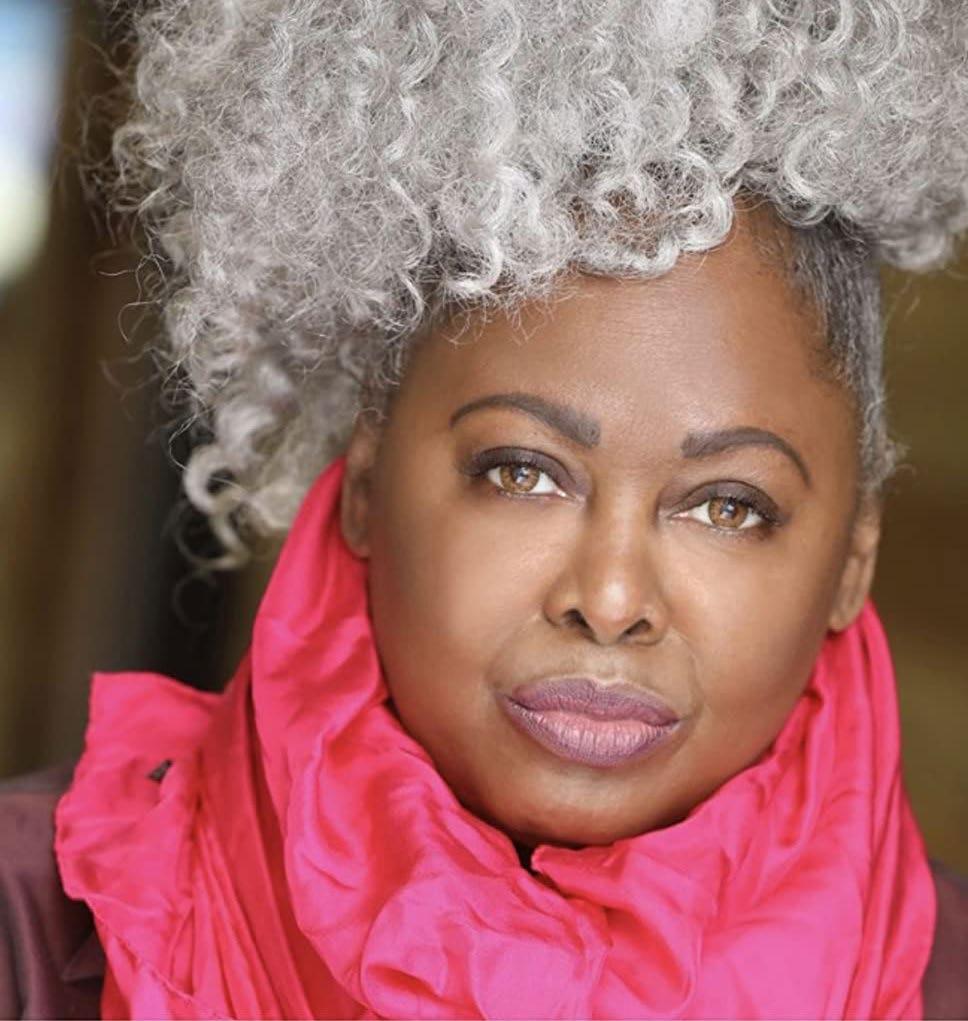How Olive Morris fought for Black women’s rights in Britain In the 27 years she was alive, Morris raised awareness of inequalities by travelling, writing, organizing protests and setting up support groups. Olive Morris learned early in life the consequences of fighting injustice.
Morris was a political activist, who was born on 26 June 1952 in Harewood, St Catherine’s, Jamaica, the daughter of Vincent Nathaniel Morris and his wife, Doris, née Moseley. When she was nine years old, she and her brother, Basil, left their maternal grandmother and joined her mother and father in Lavender Hill, south London. There were four further siblings. Olive’s father became a forklift operator and her mother was a factory shop steward. Olive attended Heathbrook primary school and then Lavender Hill Girls’ Secondary School and Tulse Hill secondary school. She left school without any qualifications and later went on to study at the London College of Printing. The late 1960s and 1970s were a particularly challenging time for Britain’s post-war African, African-Caribbean, and Asian communities: there was increased tension between police and the black community and attacks by fascist groups such as the National Front, as well as discrimination in housing and employment. Olive Morris became a tireless organizer and fighter against racism, and also sexism and other forms of oppression. In an early example of her political activism she intervened in the arrest of a Nigerian diplomat for a parking offence in Brixton in 1969. She was physically assaulted and racially abused by the police and arrested, along with six other people, fined £10, and given a three-month suspended sentence for two
52 BLACK HISTORY MONTH 2021



















